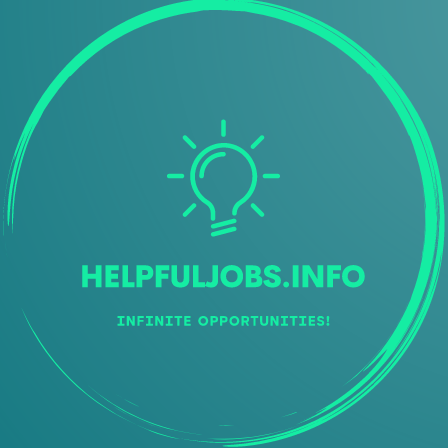Let us have a brief look at How to Best Prepare for an Oral Job Interview on this article.
Preparing for an oral job interview can feel like stepping into the spotlight, but with the right approach, you can shine! It’s all about thoughtful preparation and confident delivery. Here’s a guide to help you ace your next oral interview:
Understand the Stage: Know the Interview Format
First things first, clarify the interview format. Will it be one-on-one, a panel interview, or perhaps a group exercise with an oral presentation component? Knowing the structure helps you tailor your preparation. Ask the recruiter for details beforehand.
Deep Dive into the Role and the Company:
Think of yourself as an investigator. Thoroughly research the company’s mission, values, recent news, and its position in the industry. Scrutinize the job description, identifying the key responsibilities, required skills, and desired qualifications. Understand how your background aligns with their needs.
Craft Your Narrative: The STAR Method is Your Friend
Prepare compelling stories that highlight your skills and experiences. The STAR method (Situation, Task, Action, Result) is a powerful framework:
Situation: Briefly describe the context of a challenge or project.
Task: Outline your specific responsibilities and the goal you needed to achieve.
Action: Detail the steps you took to address the situation. Be specific about your contributions.
Result: Explain the outcome of your actions, quantifying your achievements whenever possible.
Brainstorm examples that showcase your problem-solving abilities, teamwork skills, leadership qualities, and how you’ve overcome challenges.
Anticipate Common Questions (and Some Uncommon Ones):
While you can’t predict every question, there are common themes:
Tell me about yourself: This isn’t an invitation for your life story. Focus on your professional journey and how it relates to the role. Why are you interested in this role/company? Show genuine enthusiasm and connect your motivations to the company’s values and the job’s responsibilities. What are your strengths and weaknesses? Be honest about your weaknesses but frame them positively, highlighting how you’re working to improve. Describe a time you failed/faced a challenge: Focus on what you learned from the experience. Where do you see yourself in 5 years? Show ambition and how this role aligns with your career goals.
Also, think about questions specific to the industry and the role. Prepare insightful questions to ask the interviewer – this demonstrates your engagement and genuine interest.
Practice Makes Perfect: Hone Your Delivery
Oral interviews emphasize communication skills. Practice your answers out loud. This helps you:
Refine your wording: Ensure your responses are clear, concise, and impactful. Manage your time: Avoid rambling and stick to the point. Improve your pacing and tone: Speak clearly and confidently. Work on your body language: Maintain eye contact, sit up straight, and use natural gestures. Consider practicing in front of a mirror or recording yourself. Mock interviews with friends or mentors can provide valuable feedback.
Dress the Part (Even if it’s Virtual):
Your attire contributes to the first impression. Dress professionally and appropriately for the company culture. Even for virtual interviews, dressing professionally helps you feel more confident and focused.
Prepare Your Environment (Crucial for Virtual Interviews):
If your interview is online, ensure you have a stable internet connection, a quiet and well-lit background, and that your camera and microphone are working correctly. Test everything beforehand.
The Day Of: Be Punctual and Poised
Arrive on time (or log in a few minutes early for virtual interviews). Take a few deep breaths to calm your nerves. Listen attentively to each question before answering. Don’t be afraid to take a brief pause to collect your thoughts.
Follow Up Thoughtfully:
After the interview, send a thank-you email within 24 hours. Reiterate your interest in the position and briefly mention something specific you discussed during the interview. This shows your professionalism and reinforces your candidacy.
Learn and Grow:
Regardless of the outcome, view each interview as a learning experience. Reflect on what went well and what you could improve for future interviews.
See also: Navigating the Waters of Social Media: The Double-Edged Sword of Career Sharing
Conclusion on How to Best Prepare for an Oral Job Interview:
By following these steps, you’ll be well-equipped to navigate your next oral job interview with confidence and make a lasting positive impression. Good luck!


[…] See also: How to Best Prepare for an Oral Job Interview […]
[…] See also: How to Best Prepare for an Oral Job Interview […]